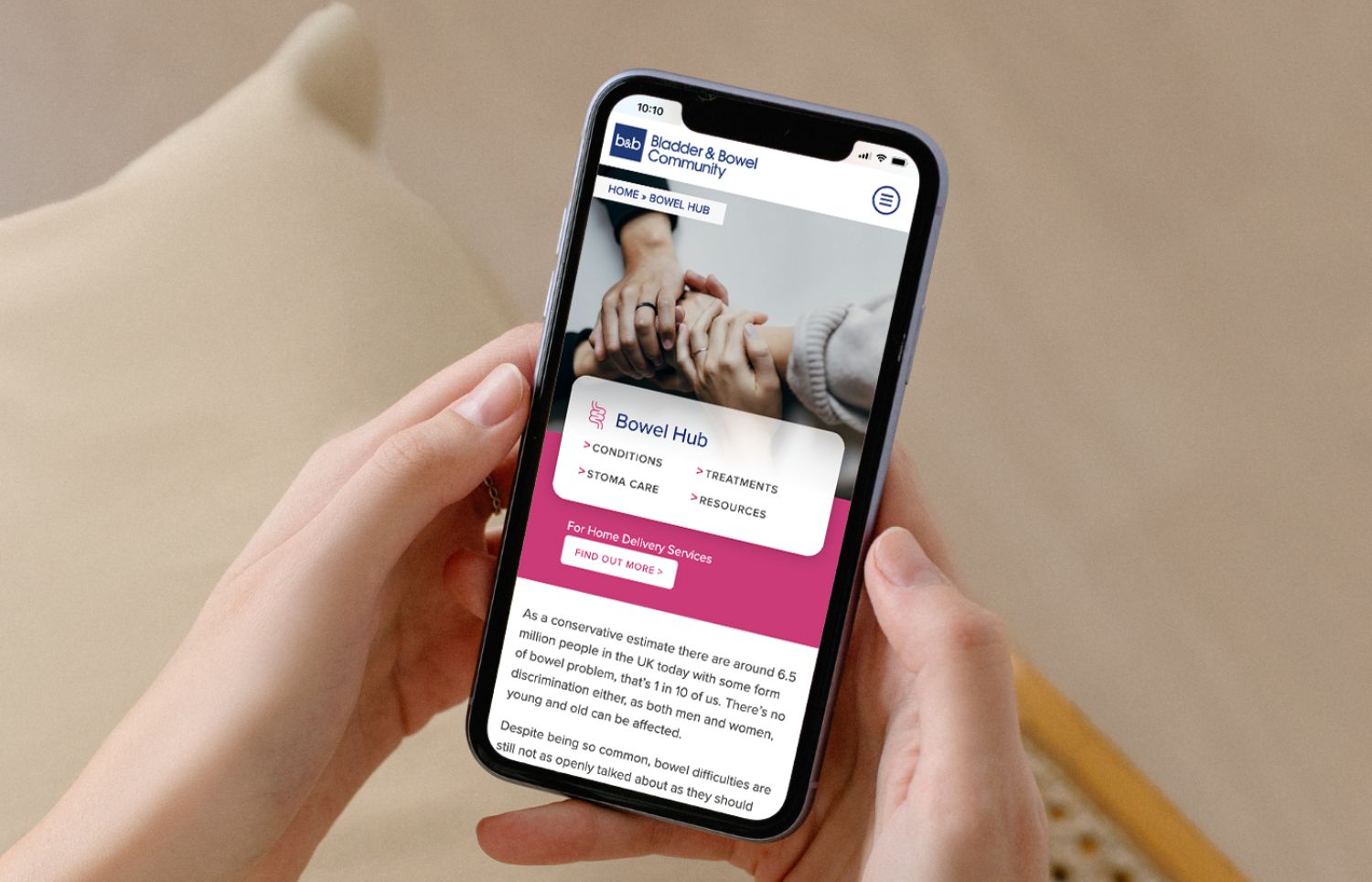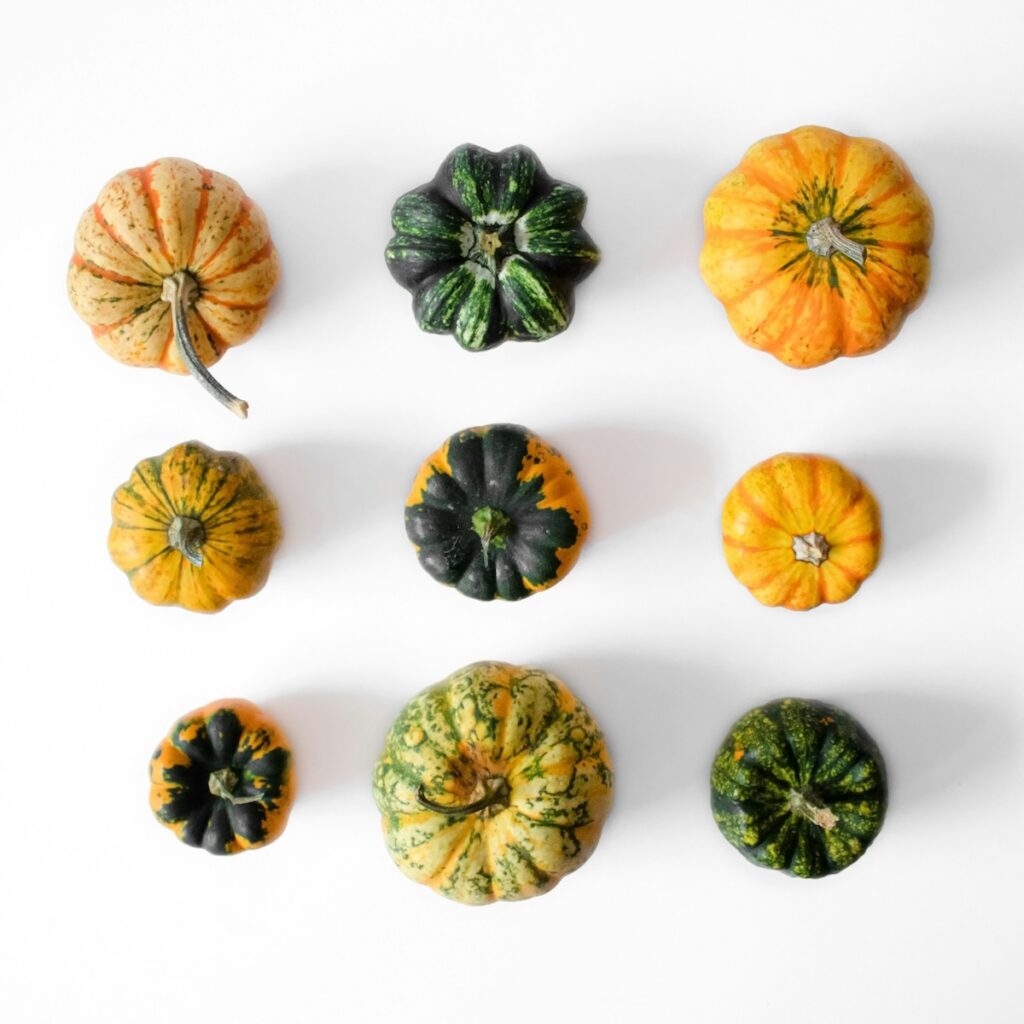Did you know that for many people, incontinence issues can be vastly improved just by adjusting what we eat and drink?
The NHS estimates that there are around 14 million people who have bladder control problems and around 6.5 million people who suffer from poor bowel control and these are people of all ages – incontinence in not an issue just for the elderly.
In this blog, we explore how what we eat and drink can affect our bladder and/or bowel. We offer tips on what foods cause bladder irritation and how the bladder can be calmed by avoiding these triggers.
1 – Reduce Bladder Irritants
If you suffer from and overactive bladder or urge incontinence, there are certain foods that can aggravate your condition and leave the bladder feeling irritated and sore.
Foods that irritate the bladder include:
- Caffeine – coffee, tea, cola and chocolate can increase bladder activity and act as a diuretic. A diuretic is something that increases the amount of urine you pass. If you can’t quit caffeine completely, look to reduce your intake to no more than one cup a day. Caffeine also has a laxative effect on the bowel. If the thought of cutting out chocolate leaves you in a cold sweat, then try swapping to a small amount of dark chocolate, which will satisfy the craving and contains less additives
- Acidic foods – foods such as tomatoes and citrus foods can cause urine to become more acidic and lead to bladder irritation and increased urgency
- Alcoholic drinks – alcohol can affect the signal between your brain and bladder telling you when you need to go, which could lead to an increase in accidents. Alcohol can also dehydrate leading to further bladder irritation and more concentrated urine. Alcohol also has a strong laxative effect on the bowel
- Fizzy drinks – the carbonation in fizzy drinks triggers irritation and sensitivity in an overactive bladder
- Spicy foods – the chances are if the food is hot to eat, then your bladder and bowel may also find it too hot to handle. Super spicy foods have a tendency to irritate the bladder lining and can contribute to chronic bladder pain. Excessive amounts of spicy foods can also upset the bowel.
- Sugar and sweeteners – it is thought that sugar acts as a stimulant on the bladder leading to increased urgency and frequency. It is worth trying to cut back on as much sugar in your diet as possible
2 – Cranberry juice – Know the facts
It has long been thought that cranberry juice can help prevent urinary tract infections but in fact leading urologists say that there isn’t any evidence to suggest that cranberry juice does have properties that stop bacteria from sticking to the bladder wall.
Cranberry juice is also naturally very acidic, which could lead to bladder irritation. Anyone who is diabetic or taking Warfarin medication should speak to their doctor first.
3 – Increase your fibre
Increasing your fibre intake can benefit both your bladder and bowel. Eating a healthy diet high in fibre can help to regulate your bowel movements and prevent constipation and overflow incontinence. Relieving constipation can also decrease any pressure on your bladder and reduce any bladder symptoms. If your constipation is caused by inflammatory bowel disease it is best to consult your specialist regarding a high fibre diet as it could lead to further damage in the bowel.
4 – Stay hydrated
If you’re experiencing bladder incontinence, you might naturally think that the best thing to do is to reduce your fluid intake. In fact, reducing the amount you drink can be counter-intuitive as this can lead to more concentrated urine, which will lead to an increase in bladder irritation.
It is important to drink enough each day. Try to drink at least 1.5 to 2 litres of fluid each day. If you drink less than this, then increase the amount you drink gradually. You should still aim to drink the recommended amount of 6-8 glasses a day to keep your urine clear and neutral.
If nocturia or nocturnal enuresis is a concern for you, look to increase your fluid intake in the first part of the day and limit what you drink in the evening to reduce an overactive bladder at night.
For more information on hydration, read our full article below by Dietitian Sarah Monk.
5 – Achieve a healthy weight
Being at healthy BMI will help to reduce the pressure on your pelvic floor muscles and provide better support to your bladder and bowel and improve your ability to better control the sphincter muscles.
Studies have shown that a 5-unit increase in body mass index (BMI) is associated with a 60 –100% increased risk of urinary incontinence; and that weight reduction has a beneficial effect for those suffering with urinary incontinence symptoms.
As a guide, according to WHO a body mass index (BMI) over 25 is considered overweight, and over 30 is obese. However instead of focussing too much on this number, it might be more productive to speak to your GP or a registered dietitian to get some practical guidance on how you can adjust your lifestyle to improve your health.
Further Information
All of the above are conservative measure that you can adopt to help improve your bladder and/ or bowel function. It is important to consult your GP or healthcare practitioner before embarking on any advice. If you are suffering from any significant bladder or bowel problems, you will need to speak to a medical professional to decide on the best route of treatment for you.








